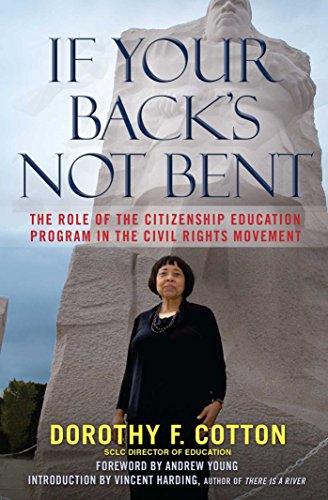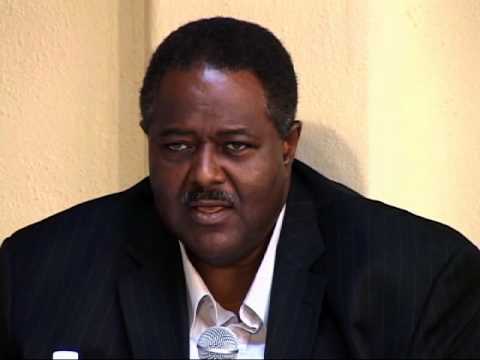Like a lot of people, I used to think politics was just about government, elections, and politicians. The word conjured images of power brokers and back room deals and had little, if anything, to do with me.
As a leader in the Minnesota Active Citizenship Initiative (MACI), my understanding of politics has deepened and changed, and it is changing the way we do business at Kowalski’s Markets.
MACI is a cross-sector initiative that builds the civic capacity of leaders and their institutions. Under the organizing leadership of Peg Michels, MACI leaders use the authority and power they have in their own institutions to reconnect citizens to policy making.
My husband Jim and I own nine grocery stores in the Twin Cities and we have been in business since 1983. When we were first introduced to MACI, we were in the process of developing a plan for passing the business on to the next generation. We built our company on strong civic values and we wanted to pass on those values. The principles and practices used by MACI seemed like they would help us achieve our succession goals. I have since learned that civic organizing, the approach used by MACI, offers us much more. It is making us a stronger, more sustainable company—and a company that is fulfilling its obligations as a civic institution in a democracy.
This type of change starts with individual leaders. I spent time looking at my own self-interest, my life work, and how I use politics and power. I began to see myself connected to a bigger purpose. I could not save the world. I could not vote for just the right candidate, give to enough charities, or save our education system. What I could do was accept and embrace the role I had as a leader and as a businesswoman in the place where I had the most influence, inside my own company.
In 2002, we started a three-year MACI pilot project within the company. Key employees took a 12-week course called Civic Organizing 101. In the course, they were introduced to “big ideas” about democracy, justice, power, and politics. From the start we tied the work we do within Kowalski’s to a bigger purpose, to the common good. These are some of the steps we have taken:
- We have restated our identity and operating principles to integrate democratic ideals with company goals. Our new identity explicitly states our obligation to the common good.
- We have set the expectation that everyone in the company has a role in helping to define problems, to contribute to finding solutions, and to strive towards the common good. In the process, employees learn that politics is the process of determining the right action and that political competency is required to get things done.
- We use disciplines that further build civic capacity. Employees take the time to think and write about what matters to them and what they value so they can define their life work. They learn how to manage their time in a way that achieves company goals and supports what they say is important. Employees learn to articulate the ideal, assess what is really happening, and then identify opportunities and barriers for closing the gap between the two. They learn how to organize one-on-one meetings and other public meetings so that energy is focused on the public purpose that furthers company goals and objectives. And, they use evaluation to develop policies to sustain what works.
These efforts have helped us create a civic infrastructure within the company. Employees feel greater ownership in achieving company goals. They are active decision-makers in the company and as a result we are making better decisions and producing a better product at less cost.
The work we are doing in the company is making a difference outside the company, too. Steve Beaird, a manager with the company, says it this way, “I used to go as a consumer to my child’s parent conferences. I expected the teacher to define the problem and find the solutions. I would listen but I didn’t really participate. Then I would complain to my wife and coworkers about what wasn’t working. I don’t do that anymore. I know now that I have an obligation to bring resources to the table to help solve problems wherever I have a role.”
Even before our work with MACI, Jim and I established a good reputation and developed a company culture that worked. What was missing was an intentional infrastructure that could sustain what we built and a purpose that made a difference in the larger world. The Minnesota Active Citizenship Initiative has helped us put that in place.
And now I know that politics is essential to making Kowalski’s work and to making a democracy work. At Kowalski’s, politics is our everyday work.
This article was originally published in the Citizens League’s Minnesota Journal – January 2007



